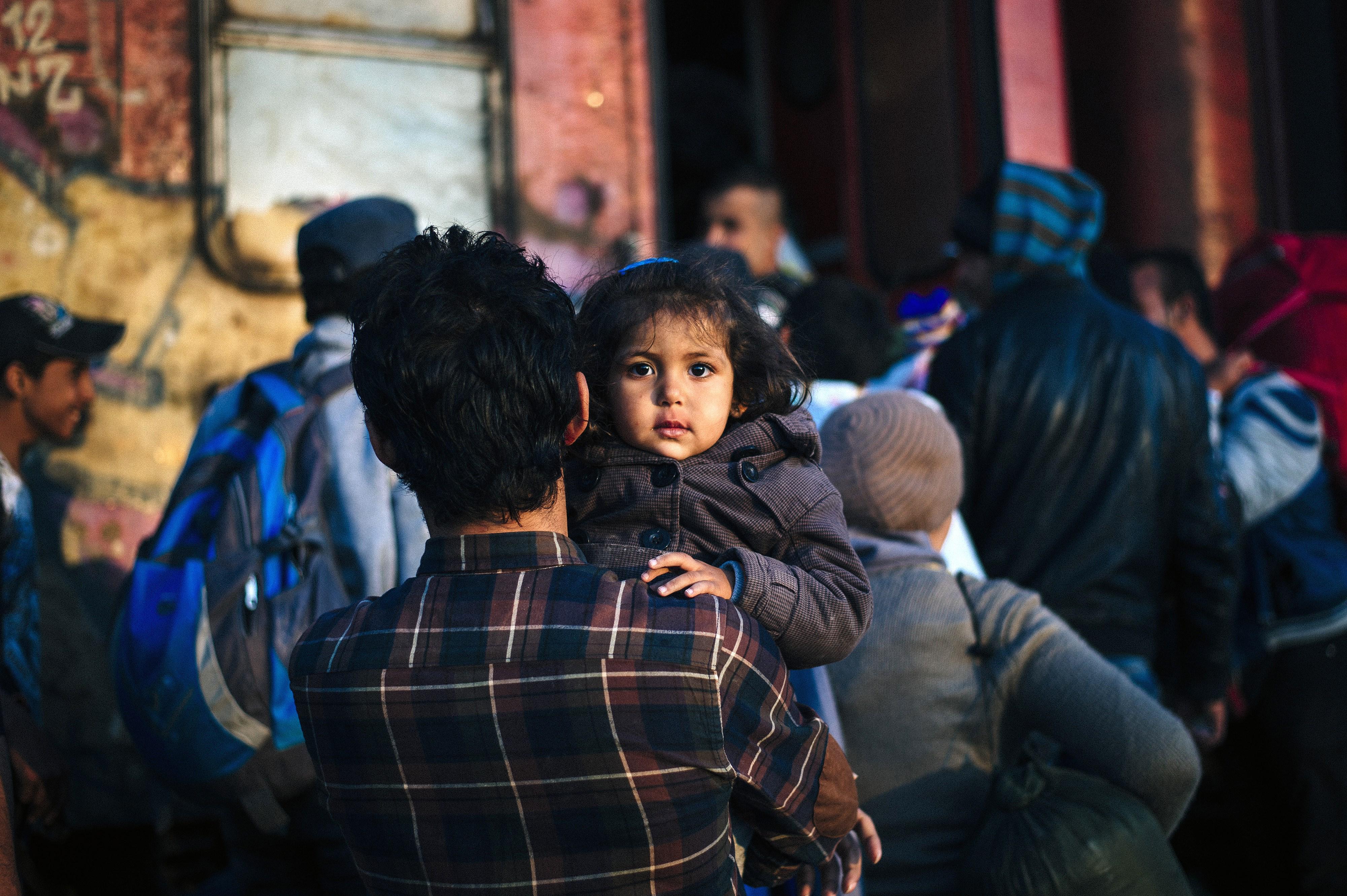It’s hard to imagine a more heartbreakingly ironic fate than fleeing violence in your home country only to be vilified for violence perpetrated by some of the same people you were fleeing. That’s what’s currently facing the millions who have fled Syria as last week’s terrorist attacks in Paris have given ammunition to the populist backlash against accepting refugees.
Several U.S. governors have now issued orders blocking the relocation of Syrian refugees to their states, and congressional Republicans are reportedly planning a similar move at the national level. GOP presidential front-runner Donald Trump has warned that the refugees may be a “Trojan horse,” and Jeb Bush has suggested that the focus should be on helping Christian refugees. They’re joined by several governments in Europe that have warned that taking in more refugees would increase the risk of terrorism. At least one country, Poland, has vowed to pull out of an EU-mandated resettlement program.
Given the current demonization of refugees for ISIS’s attack, it’s worth keeping in mind that no one has expressed more disdain and hostility toward the people fleeing Syria than ISIS itself. As the refugee population has grown, ISIS, which believes it’s the duty of Muslims to emigrate to the newly established caliphate, has put out a flurry of messages condemning those headed in the opposite direction.
An article in the September issue of ISIS’s English-language magazine Dabiq, accompanied by the famous photo of 3-year-old Aylan Kurdi lying dead on a beach in Turkey, laments that “some Syrians and Libyans are willing to risk the lives and souls of [their children], sacrificing many of them during the dangerous trip to the lands of the warwaging crusaders ruled by laws of atheism and indecency.” The article claims that most of the refugees are fleeing not from ISIS, but from the regime, Kurdish militias, or other rebel groups, but nonetheless maintains that this:
is a dangerous major sin, as it is a passage towards kufr [non-believing] and a gate towards one’s children and grandchildren abandoning Islam for Christianity, atheism, or liberalism. If one’s children and grandchildren don’t fall into kufr, they are under the constant threat of fornication, sodomy, drugs, and alcohol. If they don’t fall into sin, they will forget the language of the Qur’ān – Arabic – which they were surrounded by in Shām, Iraq, Libya, and elsewhere, making the return to the religion and its teachings more difficult.
The article also suggests that leaving the Islamic world might be considered apostasy, a crime that ISIS has often held to be punishable by death.
Researcher Aaron Zelin has rounded up a series of recent videos by ISIS aimed at potential refugees, warning them that they will not be welcomed in non-Muslim countries. One warns those considering leaving that “death will follow them wherever they go.” Some of these play up the dangers of the journey and feature footage of refugees being held in squalid refugee camps and being beaten back by European riot police. Others suggest that the refugees will not be allowed to practice Islam or will be pressured to convert to Christianity. In an inversion of the “Trojan horse” theory, ISIS suggests that Europe has only let in some refugees so it can convert them to fight against Islam.
The politicians leading the backlash against accepting refugees or arguing that only Christians should be helped may say they’re protecting the west from ISIS, but they’re feeding right into the group’s propaganda.
